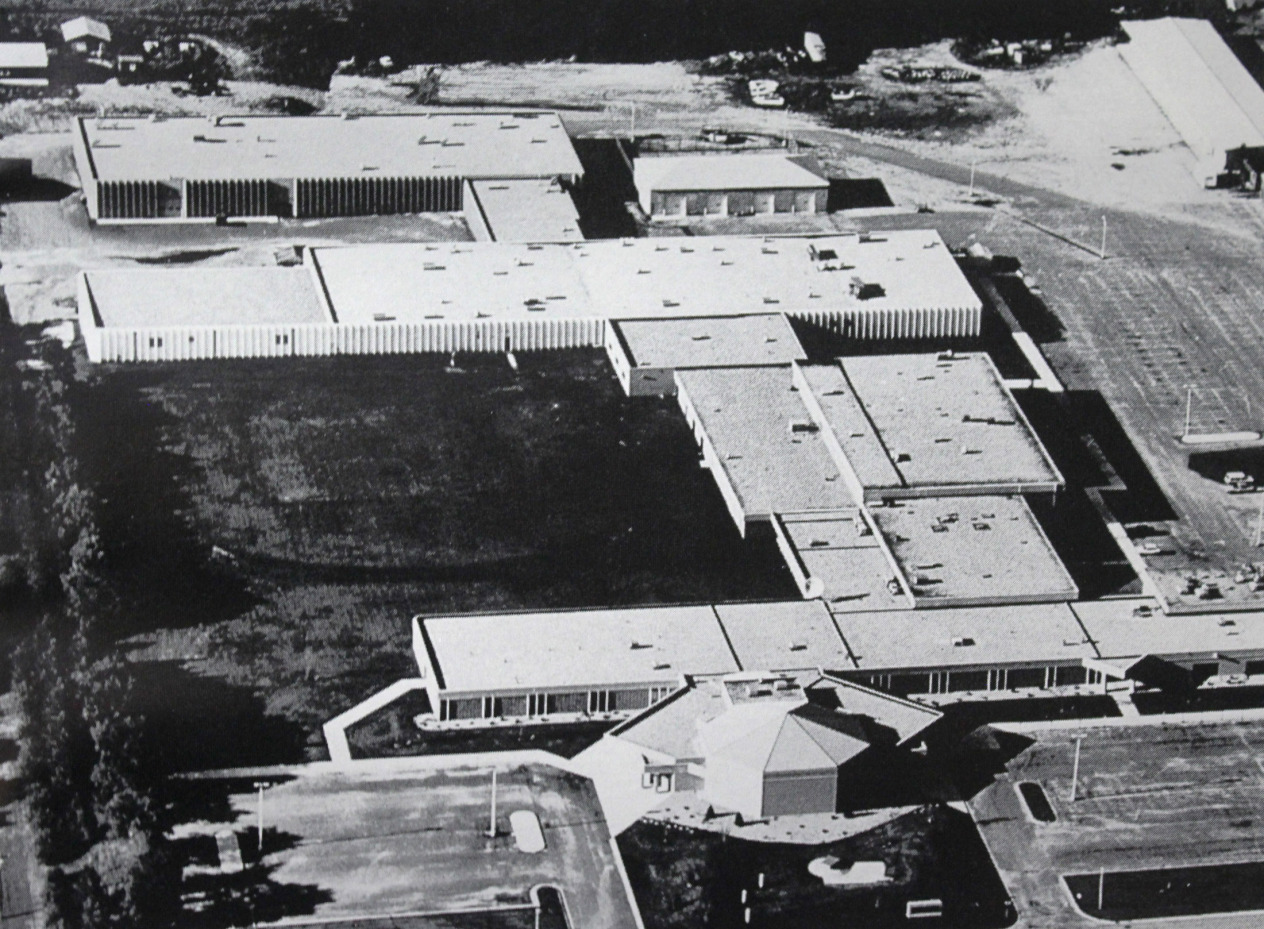Title
BIOL1107 - Environmental Science Issues
Description
Description
Meets MnTC Goal Areas 2, 3 and 10. This courses involves the discussion and study of ecosystems, biodiversity, human adaptations to and modifications of those ecosystems, and current environmental problems and their possible solutions. This course includes lab-like experiences including an ecosystem observation and data analysis. This course is for non-science majors.
API ID
Credits
3 (3/0/0)
Competencies
- Apply scientific principles to problem solving.
- Apply the principles of matter and energy to relationships within ecosystems.
- Classify various terrestrial biomes and aquatic ecosystems.
- Organize living systems into species, populations, biological communities, and ecosystems.
- Summarize the ecological benefits of biodiversity.
- Explain the impacts of human activities on biological systems.
- Integrate the concepts of natural selection, adaptation, evolution, niche specialization, and resource partitioning.
- Explain human health issues related to environmental hazards.
- Examine various environmental issues and contributing factors using a holistic approach.
- Recognize value assumptions affecting interpretations and analyses of environmental issues.
- Analyze the efficacy of economic, political, and social policies related to environmental issues.
- Propose alternative solutions to environmental issues.
- Compare and contrast environmental costs and benefits of traditional and renewable energy resources.
Goal Areas
2. Critical Thinking
3. Natural Sciences
10. People and the Environment
Degrees that use this course
Degrees that use this course
Degree:
Associate of Applied Science (AAS)
Location:
Wadena Campus
Credits:
68
Degree:
Associate of Science (AS)
Location:
Fergus Falls Campus
Credits:
60
Degree:
Associate of Science (AS)
Location:
Fergus Falls Campus
Moorhead Campus
Credits:
60
Degree:
Associate of Science (AS)
Location:
Fergus Falls Campus
Credits:
60
